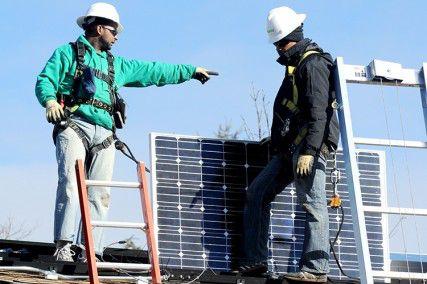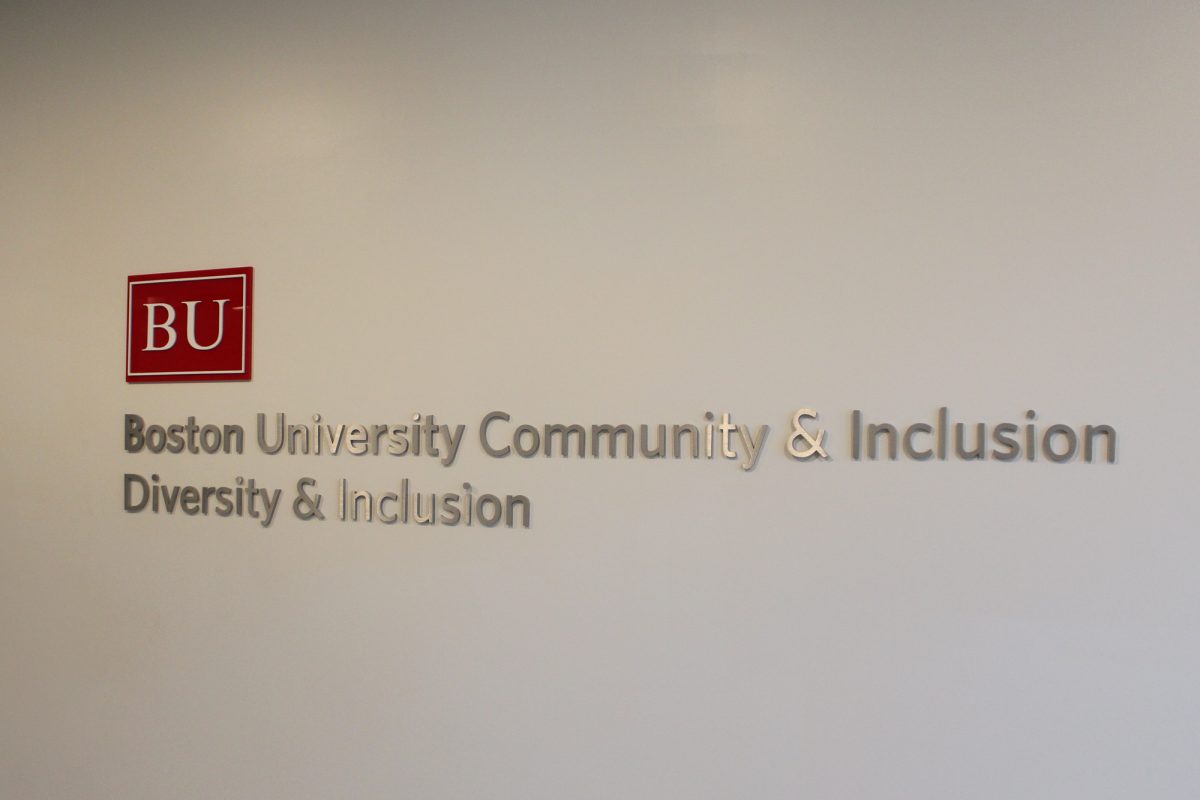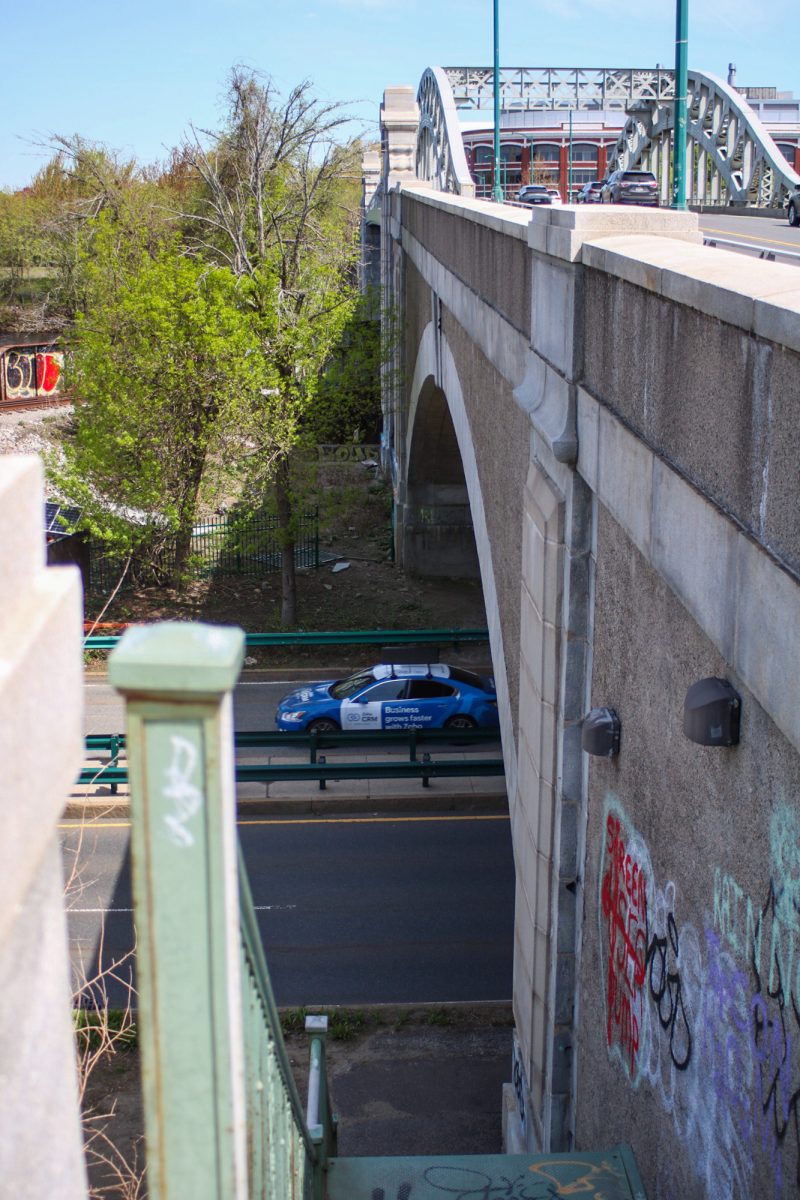
In continuation of his support for renewable energy, Boston Mayor Thomas Menino called on residents Thursday to consider the adoption of solar power technology in their homes and communities.
George Bachrach, president of the Environmental League of Massachusetts, said residents of Boston would benefit from implementing solar technology in their homes.
“One of the impediments to solar [technology] is the cost per individual, but by aggregating the cost, by getting communities and neighborhoods collectively to participate, there’s a volume discount,” he said.
Menino made this announcement two weeks before the deadline for the Renew Boston Solarize initiative on Nov. 30, which partners the City of Boston with renewable energy solutions provider Next Step Living to help provide affordably-priced solar technology to Boston homeowners.
“Through the Renew Boston Solarize program, residents can lock in lower energy costs, create new clean energy jobs right here in Boston and help us continue to ‘greenovate’ our city,” said Menino in a Thursday release.
Renew Boston Solarize comes in the wake of a similar program called Solarize Mass, headed by the Massachusetts Clean Energy Center in partnership with the Massachusetts Department of Energy Resources. Solarize Mass has similar goals, including reducing costs and increasing community communication to help bolster solar energy.
“Through the Solarize Mass program we helped to educate members of the community on how solar works, what the benefits are, and what the economics look like for those projects,” said Elizabeth Kennedy, program director of Solar at the MassCEC.
Renew Boston Solarize strives to reduce individual costs of solar technology and encourage community interaction to make neighborhoods collectively implement solar technology.
The program began Aug. 26 and has already signed contracts with 60 Boston residents and given 700 other homeowners solar home assessments to start their process towards solarizing their homes. All regions of the city are witnessing increased solar technology usage, as the program aims to include as many homeowners as possible, according to the release.
Bachrach said although programs like this help to reduce costs, disseminating information throughout communities about the benefits of solar power are also beneficial in working towards wide-scale usage.
Mass. Gov. Deval Patrick originally set a goal of generating 250 megawatts of solar power in Boston by 2017, but surpassed that in April. A new goal is set at 1,600 megawatts of solar production in Boston, which Patrick wants the city to meet by 2020.
Some residents said they favored the push for communities to take initiative to invest in solar energy themselves.
Ashley Lancaster, 24, of Brighton, said she was optimistic about Boston’s push for solar energy.
“I’m always up for more solar power … there’s a lot of market out there for it,” she said. “Any way you can help with improving [community energy use], is good, especially in a metropolitan area like Boston.”
Margaret Monteith, 44, of Jamaica Plain, said she is wary of how the solar panels could affect her finances.
“This project will probably cost a large amount of money, which would probably lead to the state raising taxes,” she said. “I understand the benefits, but the taxes here are already too high. We don’t need to cost Bostonians more money.”
Rayedon Bennett, 25, of Roxbury, said he felt no apprehension towards the push.
“I’m not really sure why we haven’t been doing it for years already,” he said. “It’s a great use of free energy and people need to realize that although it may cost a lot to initially install, homeowners will essentially get their money back in the money they save on electricity bills.”

















































































































Solar Installer • Mar 7, 2014 at 12:59 am
I fully support these moves to get people thinking of installing solar panels on their home. Surely it makes sense to move to sustainable energy, that is low cost and a proven technology.